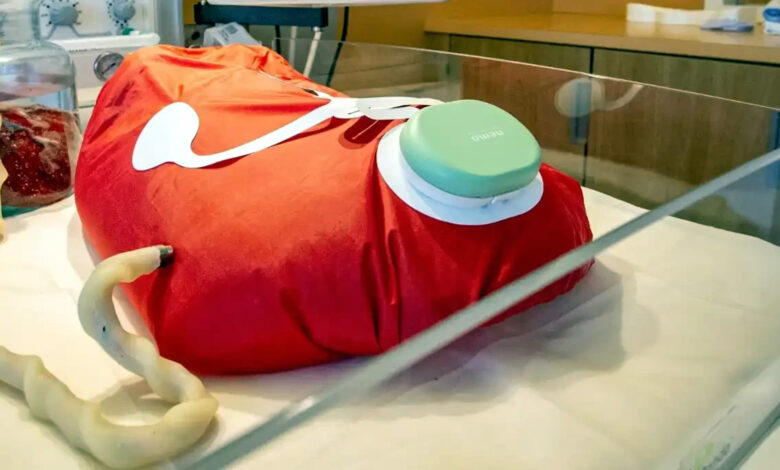Stanford Scientists Propose Controversial Solution to Critical Shortage of Human Organs for Medical Research

Medical research is facing a severe shortage of human bodies and organs, but scientists at Stanford University have proposed a controversial yet potentially groundbreaking solution. According to an article published in MIT Technology Review, this method could revolutionize research and pharmaceuticals, reduce the need for animal testing, offer hope for patients waiting for organ transplants, and help in the development of more effective treatments and medicines—all without crossing ethical boundaries.
While this idea might sound like science fiction, recent technological advancements have brought it closer to reality. Using stem cells, which have the ability to generate all types of cells in the body, scientists have developed structures that closely resemble the early development of human embryos. In addition, artificial womb technology is rapidly advancing, making it possible for human embryos to develop outside the body.
By combining these technologies with genetic techniques, scientists have also gained the ability to limit brain development, which could lead to the creation of “body oids”—complete human bodies made from stem cells outside the body that would not possess consciousness or the ability to feel pain.
According to scientists, this new invention could offer solutions to many ethical issues in modern medicine. For example, body oids could eliminate the need for animal testing and provide sources for food production that would not involve harm to living creatures.
However, when it comes to human body oids, ethical issues become more complex. Many may find this concept disturbing or inhumane, as all forms of human life are generally given respect. We do not permit extensive research on individuals who have lost consciousness or who never had consciousness in the first place, which is why this research may spark intense debate and controversy.






